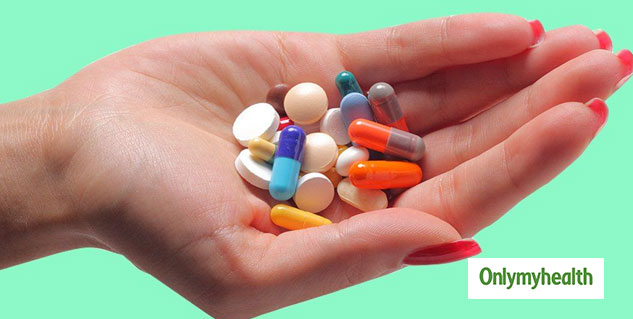
Our body needs micronutrients and macronutrients to function properly. However, most of these nutrients are not produced by our body and we have to depend on our food to get them. In such a situation, it becomes very important to have a balanced diet. A nutrition report by the Centers for Disease Control and Prevention states that 10 percent of the US population has nutritional deficiencies.
Table of Content:-
However, climate, region, country, etc. all play a major role in our food intake, while the Indian diet is considered very nutritious, there are some common nutritional deficiencies found in people. Here are some common nutrients described:
Iron
This deficiency is a global problem. The WHO has stated that more than 30 percent of the global population is anemic. Research indicated that this deficiency is mainly found in adolescent girls in India. In a survey conducted among 200 girls, it was found that 50 percent of them were anemic. The National Health Portal of India suggested that to combat this deficiency, a person may take iron supplements in the diet or increase iron-rich foods in the diet.
- Green vegetables
- Whole grains
- Beans
- Nuts are rich in iron.

Vitamin D
It is the most common nutrient deficiency among the Indian population. The prevalence of this deficiency is about 50 to 90 percent of the global population. Vitamin D is obtained from certain foods and mainly from sunlight. Head sweating is one of the signs indicate the dire need for vitamin D.
Also Read: Treating Asthma with Coffee
Its deficiency affects:
- bone health
- heart health
can adversely affect existing conditions such as:
- diabetes
- hypertension
To increase your vitamin D levels:
- consume fish
- take supplements as well (as there is not enough quantity of this vitamin in foods).
Also Read: Exercises for Asthma Treatment
Iodine
Iodine is necessary for the thyroid to function properly. It is responsible for controlling our body's weight as well as the secretion of growth hormone. The body does not make iodine on its own so we need to get it from our food. In one study, where 325 Indian districts were surveyed, 263 districts reported a severe iodine deficiency. Iodized salt is the best and most convenient source of iodine in our daily diet. Other sources include:
- cheese
- cow's milk
- eggs
- yogurt
Vitamin A
Lack of this vitamin can cause weak eyes and even lead to blindness. Breastfeeding your baby till 6 months can eradicate vitamin A deficiency in the baby. This vitamin is also known to play an important role in bone health, as it is beneficial for fighting depression. Foods like:

- carrots
- bell peppers
- cod liver oil
- sweet potato are rich in vitamin A.
Vitamin C
This nutrient is important for a strong immune system and healthy skin. A study has shown that 73 percent of people over 60 years of age in India were deficient in this vitamin. Reducing tobacco intake may improve vitamin C levels in the body. Eat foods citrus fruits like:
How we keep this article up to date:
We work with experts and keep a close eye on the latest in health and wellness. Whenever there is a new research or helpful information, we update our articles with accurate and useful advice.
Current Version